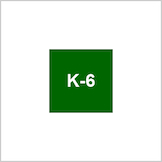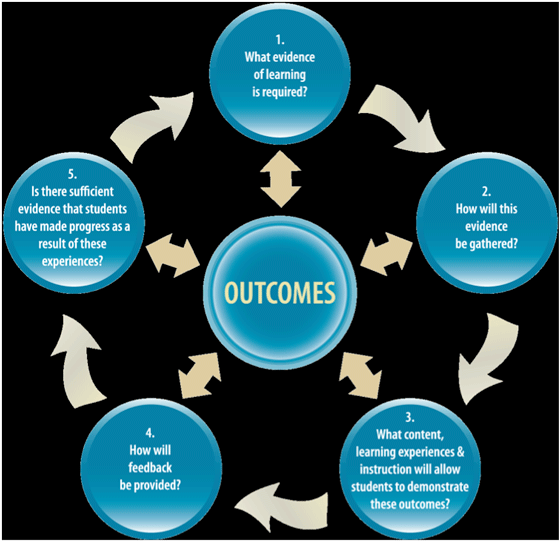Board of Studies, Teaching and Educational Standards news
 Subscribe by email
Subscribe by email
Enter your details to receive the weekly BOSTES Bulletin e-zine. Privacy Policy
 Subscribe by RSS
Subscribe by RSS
 Top categories
Top categories
Media
 Media releases
Media releases
Review all media releases.
 Media inquiries
Media inquiries
- Mobile +61 477 362 546
- Email: media@bostes.nsw.edu.au
These contact numbers are for journalists only. Students, teachers and other members of the public should refer to the Contact Us page for the most relevant contact for their enquiry.

Support materials for programming
The Board has developed and published a range of support materials to assist teachers in their planning for the introduction of new syllabuses in English, Mathematics, Science and Technology, and History.
Teaching of the new syllabuses will commence with English for K–6 in 2014. K–6 schools also have an option to introduce Mathematics, and Science and Technology in 2014.
The programming materials are found on the Board’s NSW syllabuses for the Australian curriculum website.
As well as providing practical guidance on the key aspects of programming, the resources can be used as the basis for professional development for teachers.
The following extract and diagram is one example of the content available to teachers when unpacking key aspects of teaching and learning through the new syllabuses.
|
What evidence of learning is required? Evidence of learning assists teachers in making professional judgements about student progress and achievement in relation to syllabus outcomes. The criteria should be based on the outcomes to assess and monitor student learning. A range of evidence should be used to determine the level of achievement of outcomes and to plan the next steps in the learning process. Some points to consider when planning learning and assessment opportunities:
|
Also covered in the programming support materials are:
- designing effective learning and assessment
- differentiated programming
- sharing learning and assessment intentions
- integrating ICT capability
- advice on scope and sequences
- sample scope and sequences
- advice on units
- sample units.

For more information, contact:
Christine Taylor
Board Inspector, Primary
christine.taylor@bos.nsw.edu.au
(02) 9367 8199
 Follow us on
Follow us on